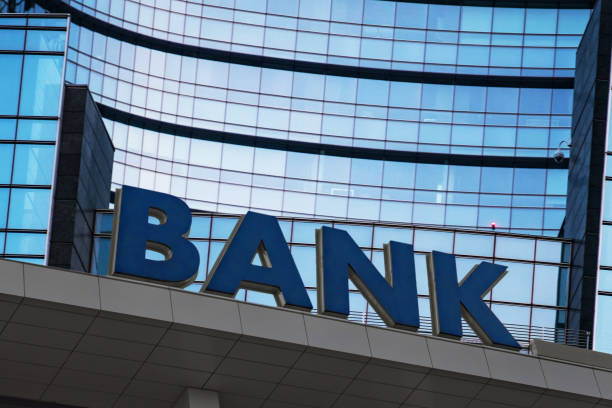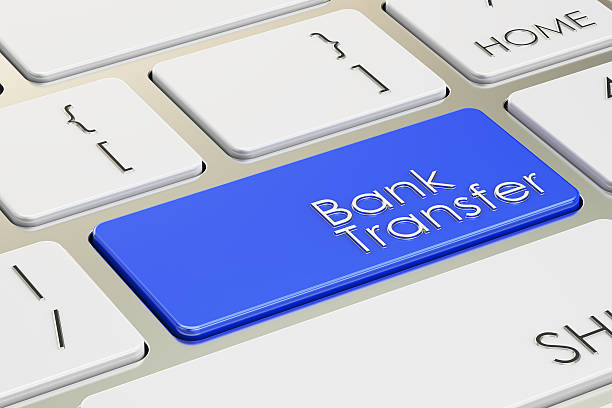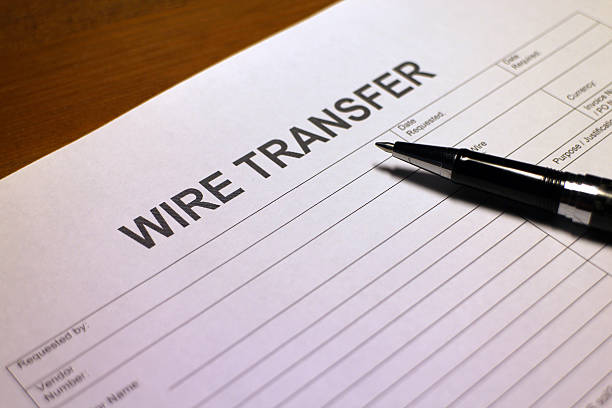Convenience: Having a bank account provides a convenient and secure way to receive bank transfers. Funds are directly deposited into your account, making it easy to manage your finances and access the money when needed.
Security: Bank accounts offer a level of security and protection for your funds. Banks employ various security measures to safeguard your money from fraud and unauthorized access.
Record-Keeping: Transactions are automatically recorded in your bank statement, which helps you keep track of your financial history and facilitates budgeting and financial planning.
Access to Financial Services: A bank account often grants you access to other financial services, such as savings accounts, loans, credit cards, and investment opportunities.
Wider Acceptance: Having a bank account makes it easier to engage in financial transactions with individuals, businesses, and institutions that prefer or require bank-to-bank transfers.
Receiving Bank Transfers Without a Bank Account
While having a bank account offers many advantages, there are scenarios where it is not strictly necessary to receive a bank transfer:
Cash Pickup Services: Some money transfer services, like Western Union or MoneyGram, offer cash pickup options. With this method, the sender can transfer money to you, and you can collect it in cash from a designated agent or location without needing a bank account.
Prepaid Debit Cards: Prepaid debit cards are an alternative to traditional bank accounts. You can receive bank transfers onto a prepaid card, and then use the card for purchases, ATM withdrawals, and online transactions.
Mobile Wallets: Mobile wallet apps like PayPal, Venmo, and Cash App allow you to receive money without a traditional bank account. The funds are stored within the app, and you can use them for various transactions or transfer them to another user.
Check Payments: You can receive bank transfers in the form of paper checks, which can be deposited into check-cashing services or used to make purchases. However, check-cashing services may charge fees.
Money Orders: Money orders are similar to checks and can be used to receive funds without a bank account. You can cash or deposit money orders at various locations, such as banks, post offices, and check-cashing services.
Considerations
While it's possible to receive bank transfers without a bank account in certain situations, there are important factors to consider:
Fees: Some alternative methods, like check-cashing services, prepaid cards, or money orders, may charge fees that reduce the amount you receive.
Security: Handling large sums of cash can pose security risks. Bank accounts offer a safer way to store and manage your funds.
Accessibility: The availability of alternative methods may vary depending on your location and the services offered in your area.
Long-Term Planning: While alternative methods may be convenient for short-term needs, having a bank account can be advantageous for long-term financial stability and access to a wider range of financial services.
Conclusion
While it is not always necessary to have a bank account to receive a bank transfer, having one offers several benefits, including convenience, security, and access to additional financial services. However, various alternative methods exist for those who choose not to or cannot have a bank account. The choice ultimately depends on your specific financial circumstances and needs.
Frequently asked questions (FAQs) for bank transfers




